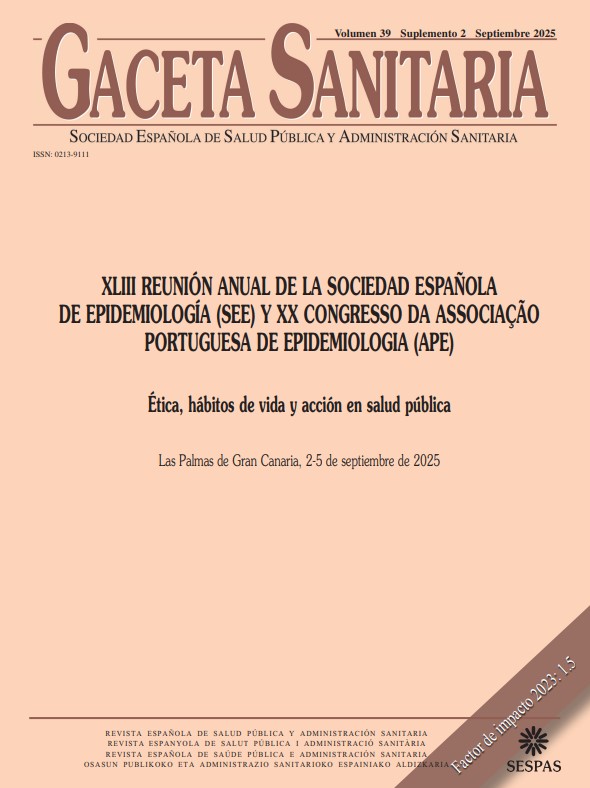993 - SMOKING IN CARS WITH CHILDREN: WHAT DO EUROPEANS WHO SMOKE DO?
Catalan Institute of Oncology; University of Waterloo; Government of Catalonia.
Background/Objectives: We examined voluntary restrictions on smoking in private cars when children are present among adults who smoke from eight European countries.
Methods: Data were obtained from the latest International Tobacco Control Surveys in France (2019), Germany (2018), Greece (2018), Hungary (2018), the Netherlands (2022), Poland (2018), Romania (2018), and Spain (2021). Analyses were restricted to 6381 adults who currently smoke, own a car, and have ever had children in the car. We estimated the percentage and 95% confidence intervals (CI) of car smoking restrictions (total, partial, or no restriction) when children are present by socio-demographic characteristics, smoking-related variables, and beliefs about the effects of second-hand smoke (SHS) exposure on adults and children. We used Poisson regression to examine associations between covariates and type of smoking restriction using prevalence ratios (PR) and 95%CI, adjusted for age, sex, and education level.
Results: Most people who smoke completely restrict smoking in the car with children (78.0%; 95%CI: 76.8-79.2%), 13.8% (95%CI: 12.8-14.8%) have a partial restriction, and 8.2% (95%CI: 7.5-9.1%) have no restriction. The prevalence of total smoking restriction ranged from 63.5% in Greece (95%CI: 59.5-67.4%) to 90.9% in Spain (95%CI: 87.5-93.4%). The prevalence of total smoking restriction in cars with children was significantly higher among females, those aged #1 55 years, those with higher education, those who had no significant others who smoke, those smoking less than daily, those smoking < 10 cigarettes daily, those with low cigarette dependence, those who had tried to quit smoking, and those who believed that SHS exposure causes lung cancer in adults and asthma in children. Significant correlates of lacking any smoking restrictions in cars with children were: being male, having a low or moderate level of education, having significant others who smoke, having no children, smoking daily, smoking > 10 cigarettes daily, having a moderate or high nicotine dependence, not having tried to quit, and not believing that SHS causes lung cancer in adults and asthma in children.
Conclusions/Recommendations: Most people who smoke from eight European countries voluntarily restrict smoking completely in the car when children are present. Several correlates of not having any smoking restrictions identified can be addressed by specific health promotion interventions or legislation to protect children from SHS exposure.
Funding: Instituto de Salud Carlos III (grant PI17/01338, co-funded by European Regional Development Fund ERDF, a way to build Europe); Canadian Institutes of Health Research (grant FDN-148477); Ontario Institute for Cancer Research (FDN-148477); Government of Catalonia (2021SGR00906); European Union’s Horizon 2020 research and innovation programme under the Marie Sklodowska-Curie (grant No 101008139).















